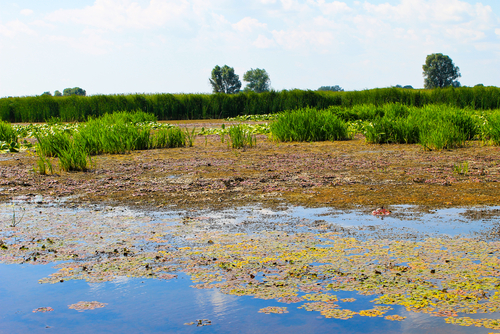Increase in malaria cases linked to deforestation
IANS May 24, 2017
Researchers have found a link between deforestation and increasing malaria rates across developing nations.

Nearly 130 million hectares of forest - an area almost equivalent in size to South Africa -- have been lost since 1990, according to a recent report by the Food and Agriculture Organisation of the United Nations.Deforestation is not a natural phenomenon, but rather results predominantly from human activities said lead researcher Kelly Austin from Lehigh University in Bethlehem, Pennsylvania, US.
"Human-induced changes to the natural environment can have a powerful impact on malaria rates," she said.The new study of 67 less developed, malaria-endemic nations, published in the journal AIMS Environmental Science, builds upon evidence that patterns of climate change, deforestation and other human-induced changes to the natural environment are amplifying malaria transmission.Deforestation can impact malaria prevalence by several mechanisms, including increasing the amount of sunlight and standing water in some areas.
In general, increasing standing water and sunlight is favourable for most species of Anopheles mosquitoes which are the key vector of malaria transmission, the study said.The analytic research strategy used also allowed the authors to look at the causes of deforestation in order to have a broader focus on the upstream or human-induced causes of land-use change that impact malaria vulnerabilities.Results of the study suggest that rural population growth and specialisation in agriculture are two key influences on forest loss in developing nations. Deforestation from agriculture comes in part from food that is exported to more developed countries, Austin said.
-
Exclusive Write-ups & Webinars by KOLs
-
Daily Quiz by specialty
-
Paid Market Research Surveys
-
Case discussions, News & Journals' summaries